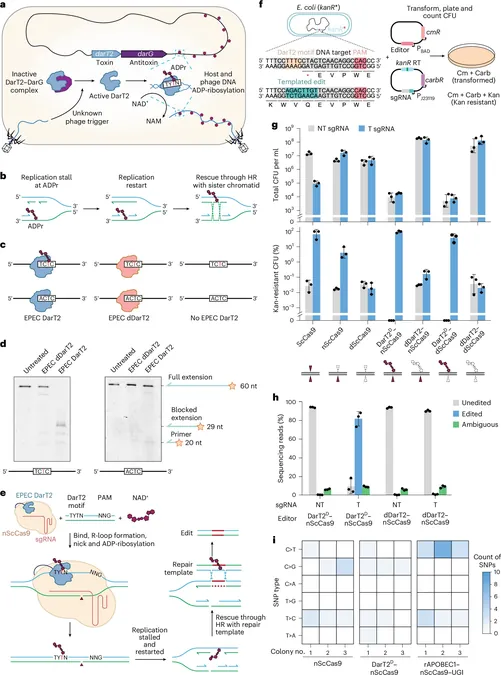
Rising Gut Infections in Men Who Have Sex with Men: A Global Health Alert
2025-09-17
Author: Yu
The Unseen Danger: Multidrug-Resistant Gut Infections
An urgent call has been made for improved strategies to combat sexually transmitted gut infections among men who have sex with men (MSM), as highlighted in a recent publication from Clinical Microbiology Reviews. The authors warn that the rise of multidrug-resistant gut pathogens poses a significant threat to public health, necessitating timely diagnosis, effective treatment, and enhanced community education.
A Global Health Crisis
Dr. Ferric C. Fang, a lead author and expert at the University of Washington School of Medicine, notes that these infections are increasingly difficult to treat and can linger longer than before. With international travel making the spread of gastrointestinal 'superbugs' a global issue, the urgency for improved health responses has never been higher.
Sexually Transmitted Enteric Infections: An Overlooked Threat
Since the late 1960s, researchers have recognized that enteric infections can be sexually transmitted, especially among MSM. The authors label these infections as "the newest of the old diseases," emphasizing how often they go unnoticed in public health responses. Traditional outbreak tracings tend to focus on food sources, neglecting the potential for sexual transmission.
Diverse Pathogens, Common Symptoms
A multitude of pathogens can cause enteric infections, including bacteria, viruses, and parasites—many of which have similar symptoms like diarrhea. Recent advances in molecular testing have enabled better detection and understanding of these pathogens, helping refine treatment approaches.
Behavior Over Biology: What Drives Transmission?
Interestingly, the rise in enteric pathogens' transmission seems more correlated with behavioral factors rather than HIV status. The COVID-19 pandemic's aftermath saw an uptick in these infections, with activities such as oral-anal contact, or rimming, significantly contributing to transmission.
Cultural Shifts and Increased Risks
Cultural changes and digital dating platforms have created more opportunities for new infections to spread. As fewer people use condoms and the prevalence of chemsex rises, the risk of contracting and spreading gut pathogens increases dramatically.
Breaking the Transmission Chain: Education and Safe Practices
The authors stress the importance of education to raise awareness about the serious risks of enteric infections from sexual activity. Advocating for safe-sex practices and advising individuals to abstain from sexual encounters for two weeks following diarrhea can help mitigate transmission.
Populations at Risk: Beyond the MSM Community
Men who are younger, urban, frequent international travelers, and have expansive sexual networks are particularly vulnerable. However, the findings also highlight the risk to marginalized groups, such as the homeless, who may have to engage in sex for necessities under unsanitary conditions.
The Way Forward: Collaborative Research and Awareness
This groundbreaking review of sexually transmitted enteric infections, facilitated by researchers from prestigious institutions, is a call to action. The hope is that increased awareness and proactive measures will empower communities to effectively address this emerging global health crisis.





 Brasil (PT)
Brasil (PT)
 Canada (EN)
Canada (EN)
 Chile (ES)
Chile (ES)
 Česko (CS)
Česko (CS)
 대한민국 (KO)
대한민국 (KO)
 España (ES)
España (ES)
 France (FR)
France (FR)
 Hong Kong (EN)
Hong Kong (EN)
 Italia (IT)
Italia (IT)
 日本 (JA)
日本 (JA)
 Magyarország (HU)
Magyarország (HU)
 Norge (NO)
Norge (NO)
 Polska (PL)
Polska (PL)
 Schweiz (DE)
Schweiz (DE)
 Singapore (EN)
Singapore (EN)
 Sverige (SV)
Sverige (SV)
 Suomi (FI)
Suomi (FI)
 Türkiye (TR)
Türkiye (TR)
 الإمارات العربية المتحدة (AR)
الإمارات العربية المتحدة (AR)